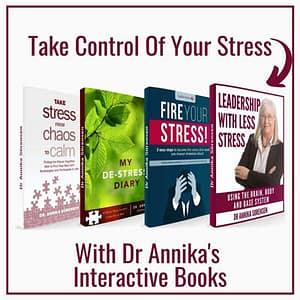“Take the time off” – a very lovely phrase that can make us throw off a really big smile.
But why when we hear that it makes us smile too big, as if we have been REAAAAALLY longing for it for a very long time?
It can be rewarding to hear that, but it must be normalized.
NORMALIZING TIME OFFS
Time offs must be normalized. Time offs don’t always have to be because of sickness or emergencies, but must also be given regularly to maintain a healthy working environment.
Time offs don’t always have to be long. They can even be just 20-30 minutes filled with fun games, ice breakers, walk time, or nap time.
Or they can be one or 2 days in one month where people can spend that day doing whatever.
DIFFERENT WAYS TO GET BREAKS
Breaks or time-offs can be done with a lot of different things, as long as it means getting your mind rested and removing yourself even for a while from the stressful situation or environment.
- Short quiet breaks – short quiet breaks help with focus. It can be spent by walking, doing nothing, or can also be spent by just taking really deep breaths to practice mindfulness.
- Short energizer breaks – don’t want a short quiet break but one for energy boost instead of for focus? Then try spending short breaks doing fun things such as singing, dancing, jumping, jamming, or just playing a fun game.
- Day off – get a day off if you know you’d need the whole day to sort things out before you can regain your focus. Spend the day doing nothing, or doing everything you need to do. It’s entirely up to you.
- Book a vacation – book that long vacation you have been planning. Some need longer periods of break, and this is normal.
REGULAR SHORT BREAKS vs. RARE LONG BREAKS
It’s either this or that, no in-betweens. So if you are the employer or the boss, you must decide which one you’d like to prioritize for the mental well-being of all your workers.
Do you prefer them to take regular short breaks to boost everyday productivity, or do you maximize their work energy until they feel drained and take that long break to get them refreshed?
Remember, regular short breaks prevent burnout and overwhelm which eventually leads to long breaks or worse, permanent breaks (if you know what I mean, lol).
HAVING “TIME OFF” IS ACTUALLY GOOD
In fact, research even CONSISTENTLY shows the health benefits of taking time offs, and there is a research about time offs that shows that employees rate paid vacation as the No. 2 most-important benefit after health care.
So yes, take that time off in every way possible and in however way you want it, as long as you take it is what matters.
MAKE YOUR TIME OFF PRODUCTIVE IF YOU PREFER
If you’re like me who also wants to be productive even on their time off, here’s a personal development e-book that you can read during your time-off, to come back for a refreshing start.
Happy break time!


